Hidden biodiversity: a matter of life or death
How can we better understand and protect the planet's biodiversity, so that we can continue to benefit from it and prosper for many generations to come?

2021 is a huge year for biodiversity and climate change. Millions of species stand on the brink of extinction, yet their survival could determine the fate of the planet. As the UN Convention on Biological Diversity and the UN Climate Change Conference convene later this year, it’s more than a pressing issue: it’s a matter of life or death.
In the run up to these two milestone events, we are exploring the issue of hidden biodiversity: the overlooked and underappreciated organisms and ecosystems critical to the health of the planet but lacking the status or popularity of so-called ‘hero species’.
How can we better understand - and protect - the biodiversity we can’t see? We spoke to Earlham Institute Director Professor Neil Hall, who is frank about what we potentially stand to lose and why political action must happen now to benefit future generations.

Fundamentally, when it's gone, it's gone. I think that puts a responsibility on all of us to protect it.

All species are intertwined. When a species goes extinct, or into massive decline, it has a knock-on effect on other species around it. The ecological webs that support food production and the nutrient cycles that trap carbon and release oxygen are all dependent on biodiversity.
Then there's the fact that we use biodiversity in ways that we often don't realise. 80% of registered medicines come from plants, or have been inspired by natural products. Right now, the cure for cancer, or COVID, could be going extinct.
There is also the wellbeing that we naturally get from being surrounded by nature and biodiversity. When that disappears, it has impacts on art and in other ways we might not realise in terms of mental health.
Fundamentally, when it's gone, it's gone. When a species goes extinct, it's never coming back. I think that puts a responsibility on all of us to protect it.
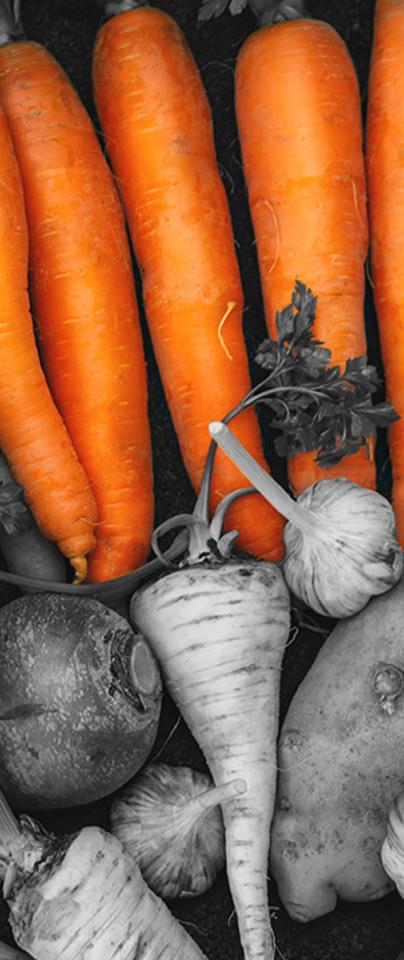

Many people don't, perhaps, appreciate the importance of plants in supporting life on Earth.

It's true that we are really fixated with exotic megafauna, but they're a tiny proportion of all the biodiversity there is.
Many people don't, perhaps, appreciate the importance of plants in supporting life on Earth. When you talk about life on Earth, the majority of it - purely in mass and volume - is plants. Those plants are critical for producing a lot of the energy that supports the exotic, furry megafauna. They support entire ecosystems, many of the hundreds of thousands of species are still undescribed, and they’re being lost.
There’s also another set of organisms - the protists - which I particularly love. They are the most diverse group of species on Earth, involved in sequestering a huge amount of carbon in the oceans, generating most of the oxygen we breathe, forming symbiotic relationships with corals to make dazzlingly colourful reefs, and supporting the food chain that ends with blue whales and the seafood we eat.
Some of those protists, like Euglena, are of interest in terms of biotechnology, potentially as biofuel, or for the production of metabolites, which could be used in medicines, various flavourings, and many other things.
So yes, biodiversity is so much more than pandas and polar bears, although they're lovely.
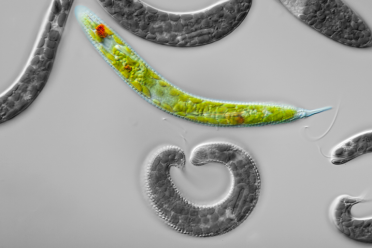
That's a really good question.
If we carry on as we are as a species then the prospects for biodiversity are pretty dire. And I suppose that means, in turn, the prospects for humankind are pretty dire.
There are major pressures on the planet due to the need to produce food, which is affordable for the world's population, and lots of other human activity [energy production, mining and urban expansion to name but a few].
The reality is that in the UK, there aren't any natural environments left, really. Every environment is so closely linked with the human activity going on around it that it's managed to some degree or another. A recent study showed that less than 5% of the Earth’s land is untouched by humanity.
So my hope is that we will start to look carefully at how we distribute the resources that we have, because I think that we can produce enough food to support every human on Earth, we just don't manage it very well, we don't distribute it fairly. And that's a major factor that leads to more deforestation and more land use change.
Without radical government action or intervention, however, there isn't a near term change in the trajectory of what's happening at the moment.
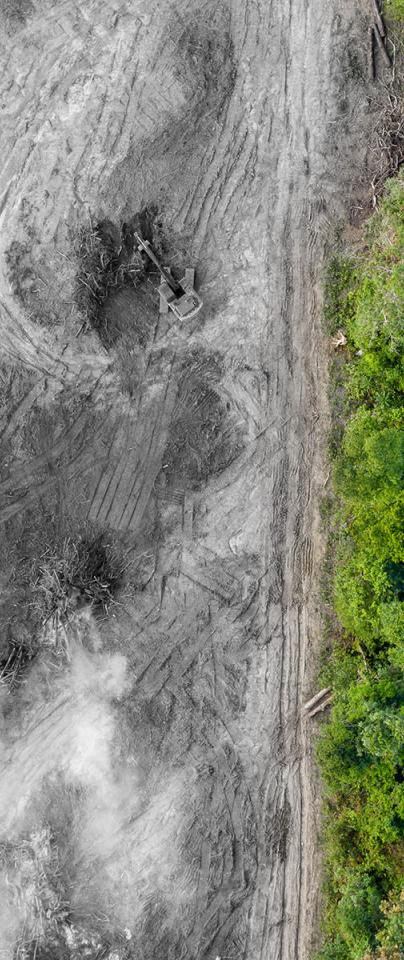

If we carry on as we are as a species then the prospects for biodiversity, pretty dire. And I suppose that means, in turn, the prospects for humankind are pretty dire.

There is potential, through science, that we can start to reduce the amount of inputs we put into land and that we could come up with better methods to produce nutritious and sustainable foods. But this has to go hand in glove with political and economic incentives to change people's behaviour.
It really can't just be pushed back onto scientists to come up with something clever, because that won't be enough.
Yes. But the reality is, while I think it's important and I think it's important that it's been pushed up the political agenda, I don't think the change we need is going to come from that.
The science and political and economic interventions have to happen on a global scale - and it has to start with the rich countries.
Change has to come from the major populated countries - India, China, the USA, Brazil, and action at the scale of organisations such as the European Union and the UK. Those nations really have to take a lead. You can't really expect countries like the Ivory Coast to do more than China is doing, for example.
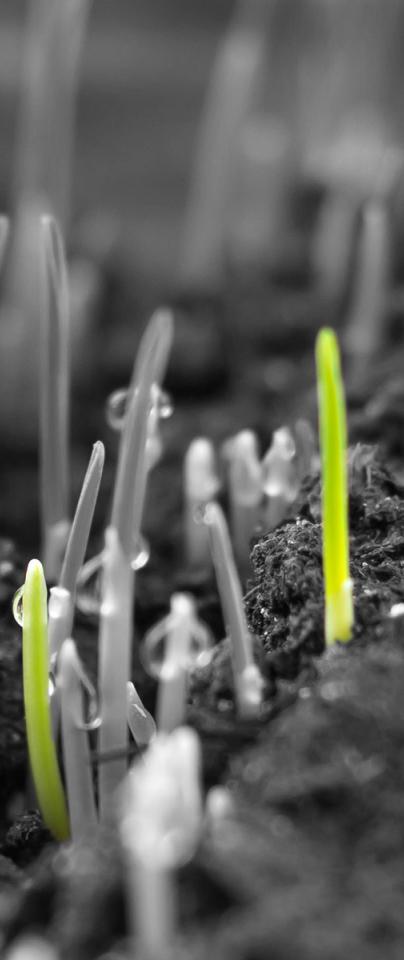

The science and political and economic interventions have to happen on a global scale - and it has to start with the rich countries.

After Brexit, we can rethink how we do subsidies for farmers. There's been a lot of talk about how we can make this about protecting the environment and ecosystem services - not just subsidies on food production. You could give farmers and landowners subsidies for sequestering carbon in soils and other environments, or improving water management.
That's great, and there's hardly anyone who doesn't think this is a good idea, whether they be environmental groups, farmers, or just the public wanting to enjoy the environment. So you'd think that this would be a win-win for the government.
I'm really interested to see how this shakes out and whether it works, and whether the government can do the right thing.
A big part of what we are doing as part of the Darwin Tree of Life project is describing what biodiversity there is, because that's not understood. Being able to describe what we have is really important.
As Sally Warring, a postdoc in the microbial genomics group, often says, people always ask ‘how many organisms live in that pond’ and all you can say in reply is, ‘you know, I’ve got no idea!’
There's also a whole area of conservation genomics - understanding how different species are threatened - from black-footed ferrets to pink pigeons and bees - and how best you can maintain genetic diversity in endangered species. In places like Australia, for example, researchers are starting to understand in koalas where there's genetic diversity and where there isn't. With that sort of information you can set up breeding programmes.
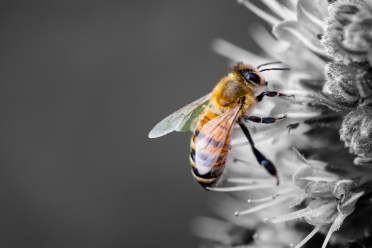
The work that Nicola Patron and Anthony Hall are doing, in terms of being able to improve crops so that we can hopefully feed more people on less land, is also imperative in the future. To be able to protect natural environments, we need to be able to use the land we have more sustainably. Equally, the work that Jose de Vega is doing with biofuels - ensuring that we're not just pumping more carbon into the environment - is all part of sustaining the environment and biodiversity.
But, back to what people like Sally, Ross Low and others are doing on protists, it’s not just about describing what's there, but also understanding the relationships between organisms so that you can understand how energy flows through an ecosystem. That means you're better able to protect it, you'll know what species can be signals for ecosystem decline, and potentially know how we might be able to correct ecosystem decline by protecting certain key species in the environment.
All of those things - understanding ecosystems, organisms, how we can reduce our impact on the environment - we feed into all of them.